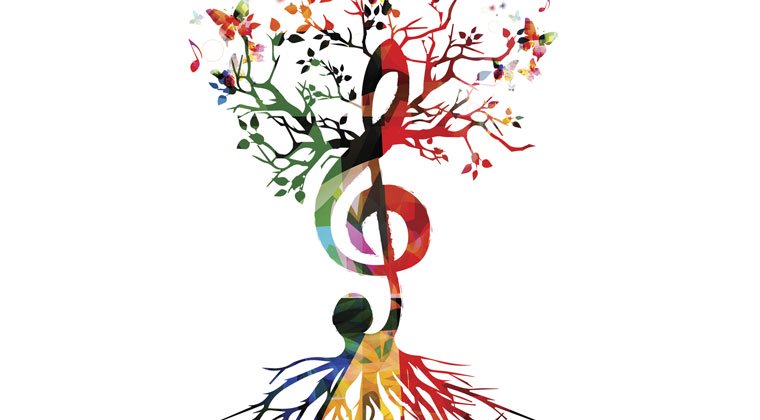There are plenty of therapeutic methods involved in most people’s everyday lives, whether it be physical therapy, mental therapy, occupational therapies, you name it. One that is often overlooked, however, is music therapy. Music therapy is the clinical and evidence-based use of music interventions to accomplish individualized goals, which often relate to improving the physical and mental health of the patient. This alone is important, but there is so much more that goes into music therapy that is overlooked.
Before getting deeper into why music therapy is important, one must understand it by understanding how it works. We all know that music can help determine your mood, but music therapy is more than that. According to the Music Therapy Association of British Columbia, “A certified music therapist assesses the client and creates a clinical plan for treatment in conjunction with team and client goals, which in turn determines the course of clinical sessions.” This shows that music therapy is a two way street, with effort needed from both the patient and the therapist for results to truly be shown. There are also different types of music therapy: receptive and active. Receptive music therapy is listening based and helps treat anxiety, while active music therapy is when the patient actually plays the instrument, engaging more parts of the brain than just listening to music. Both types of music therapy can be beneficial to different types of patients, as there is a load of benefits.
Music therapy not only helps treat depression and anxiety, but also helps with stress relief, mental, emotional, and behavioral problems, and memory loss in Alzheimer’s and Dementia patients. It can even help improve balance, mood & mentality, and provides emotional healing, which in turn helps patients develop a positive self-image. There are plenty of benefits to music therapy, which can be better than regular alternatives. Although it costs a bit more than regular therapy, with prices ranging from $35 per 15 minutes to $140 per hour, it has been shown to work in the past, and consistently stimulates the brain in ways that just aren’t common in regular therapy.
Music therapy definitely has a place in today’s world. Music already has a special place in the hearts of people around the world and has been proven to stimulate the brain in a multitude of ways, whether it be through just listening to music, playing an instrument, singing, you name it. Music therapy also helps patients with memory disorders, anxiety, and depression, all through the use of something that is already accessible in everyday life. While regular therapy has similar benefits, there are a lot of people who are not willing to open up about their problems consistently, and would rather find an outlet through music, with music therapy being the perfect opportunity for them.


